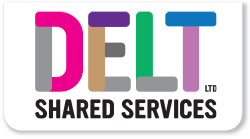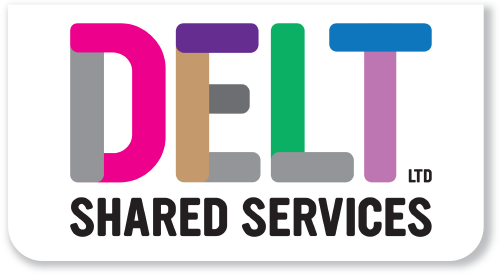
Balancing Act: The Vital Blend of Experience and Subject Matter Knowledge in Project Management
Watching ‘The Apprentice,’ you might think you need to be a subject matter expert (SME) in everything from bao buns to app development to manage a project. In the real world, is it a help or a hindrance, and how much does a Project Manager (PM) really need to know to successfully manage a project?
So, what are the advantages of being a PM and SME?
The most significant and obvious advantage is understanding what is needed to deliver the work and ensuring efficient communication with the involved teams, and potentially stakeholders too.
- Understanding industry specific terminology can help build trust and respect, particularly with specialist roles. For example, knowing that you want to change lamps not bulbs in your light fixtures will certainly earn a few brownie points with your electrical contractor, and setting out clear agreements and clarification on terminology and acronyms helps to avoid many potential issues.
- More than just understanding the conversation, you may also be able to estimate scope and timelines, contribute to solution design discussions, and potentially even take part in the delivery process.
- By asking the right questions, you can provide a level of oversight without the need to defer back to expert resources. This can reduce meeting sizes and, ultimately, costs as resources are deployed more directly in delivery.
All sounds very positive?
While there are certainly pros, there are also cons.
- The most obvious drawback is the risk of becoming too involved in detailed solutions and delivery, avoiding the urge to Just do it yourself and neglecting other responsibilities as a result.
- This may include overlooking aspects like progress and schedule management, stakeholder engagement, and ultimately, losing sight of developing risks and engaging all parties in your project.
- There is also a risk that in becoming too involved, you may knowingly or otherwise, exert a level of influence over the direction and approach, bypassing potentially better ideas. This becomes even more of a risk if your knowledge of current trends or solutions has lapsed.
An effective project manager will encourage all team members to contribute to the discussion.
A lack of subject knowledge can stimulate thought and discussion, enabling the asking of questions and avoiding an unspoken consensus. This challenges the we’ve always done it this way approach, ensuring that the pros and cons are discussed with a risk-benefit analysis of other options duly considered.
Ultimately, a level of subject knowledge will always be beneficial for a project manager. The optimal amount is best determined by a combination of the specific project requirements and the project manager’s experience. As a project manager gains more experience, the need for initial subject matter knowledge diminishes. They can learn what they need as the project progresses, especially in the early stages. The knowledge acquired can then be applied to create a set of deliverables and success criteria, serving as a guide for reviewing progress on tasks and ensuring successful project delivery.
For an SME turned PM, remembering to take that step back requires a degree of self-awareness and the use of experience to question and challenge ideas rather than provide the solution directly.
Releasing control and delegating ownership builds trust and confidence in the team to deliver and is vital to successfully delivering a rounded project and not just a targeted solution.
Alan Greep, Project Manager



